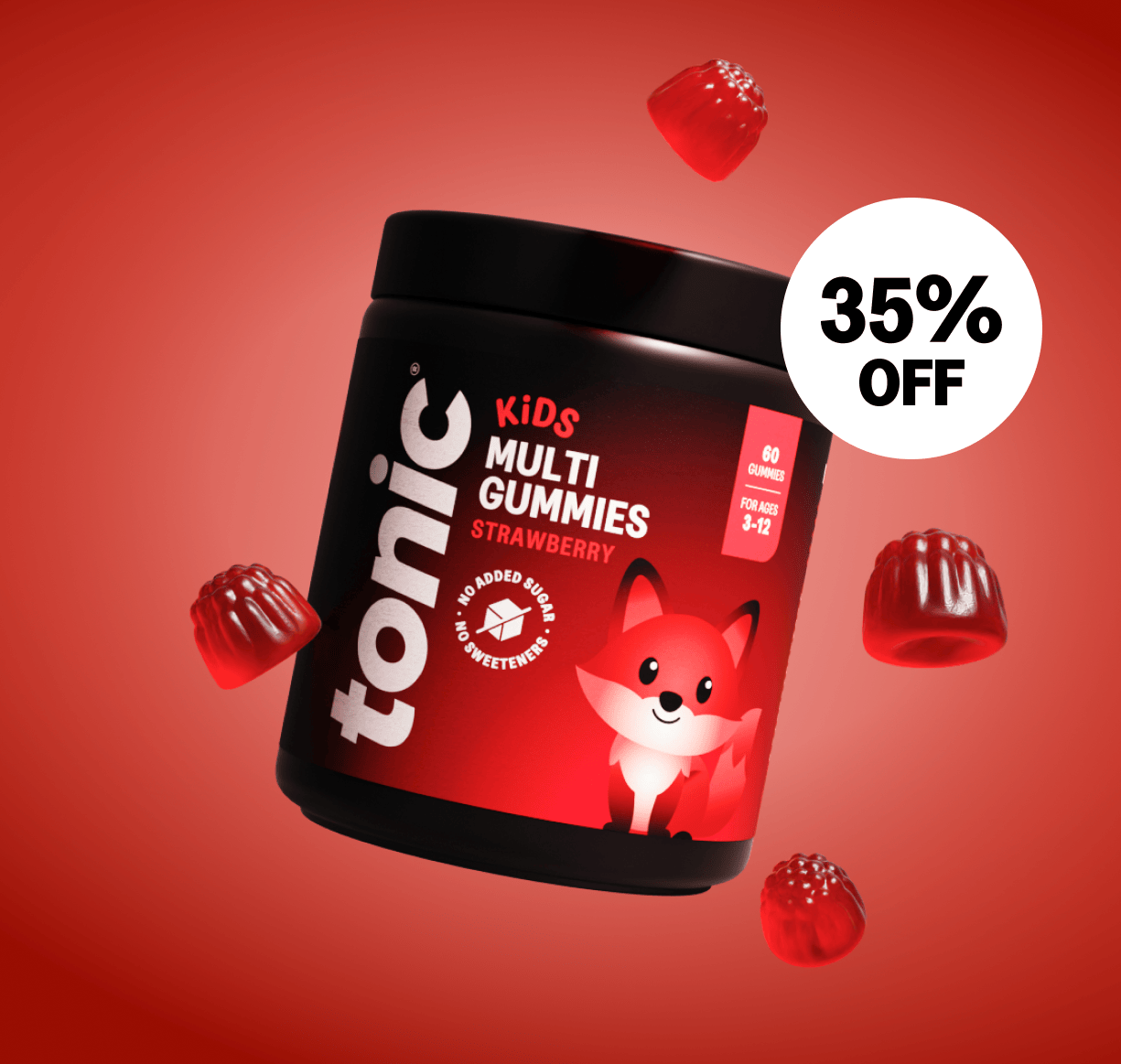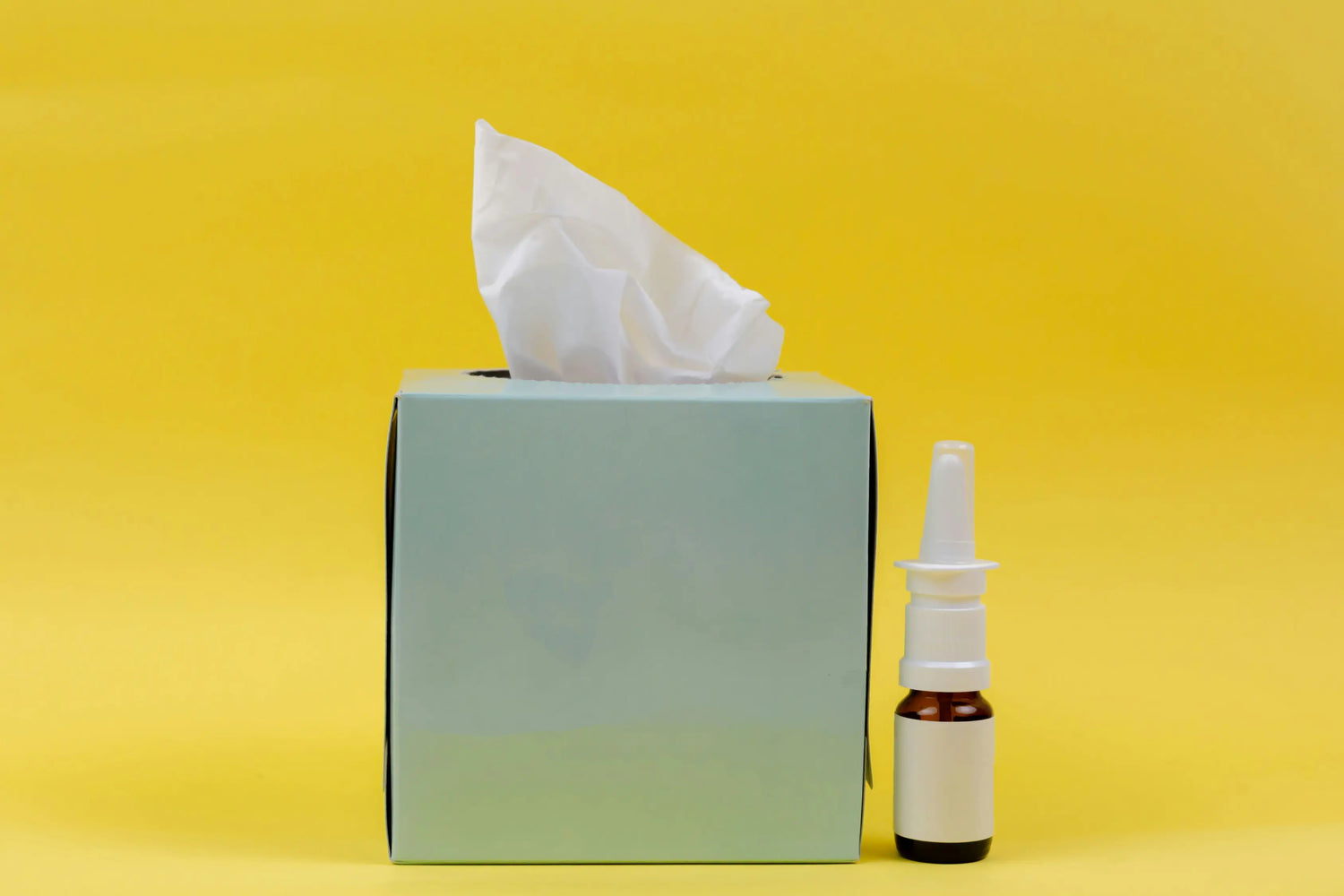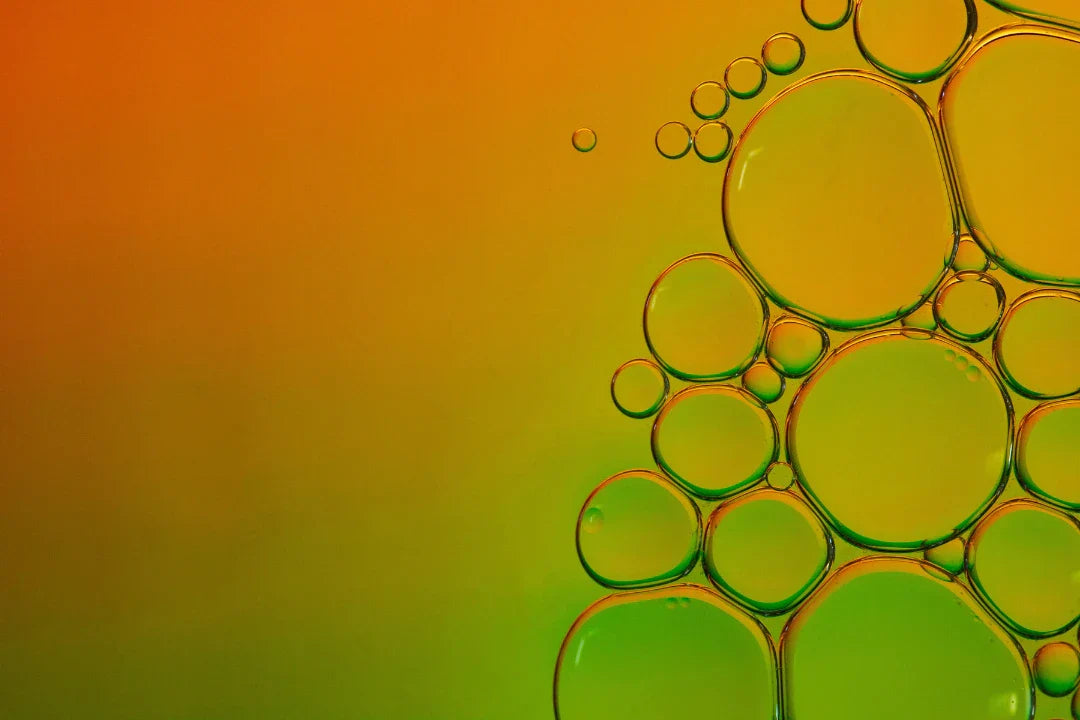How to Get Over Hay Fever
Spring. For most, is the season we spend all winter looking forward to. The joys of finally spending time outside, enjoying the sun and cracking open a cold one. But for 1 in 5 Brits it also signals the onset of troublesome symptoms. From itchy eyes to relentless sneezing, hay fever can significantly impact your quality of life, especially during the pollen-heavy months. To help you navigate through hay fever season, we've put together a guide on managing your symptoms effectively.
What Causes Hay Fever?
Hay fever may feel the same as cold and flu, making you reminisce on the times you took an unblocked nose for granted. But what’s going down on a cellular level is different. Being sick with a cold or flu can be a sign of a weakened immune system whereas hay fever is a sign of your immune system reacting to something it shouldn’t and this is where things go downhill.
Hay fever occurs when your immune system reacts to pollen allergens in the air. These allergens come from various sources such as grass, trees, plants, and mould. With milder winters and warmer, drier summers becoming more common, hay fever season begins in the early spring and continues into late autumn.
Now to go into the science side of things for our inner geeks. Hay fever sufferers essentially have immune systems that trigger an immune response when exposed to pollen. In other words, when pollen comes into contact with a person who suffers from hay fever through the eyes, nose or mouth, immune cells recognise this as a pathogen and releases a chemical compound called histamine. And histamine is what causes the nasty symptoms that include sneezing, runny nose, itchiness and eye soreness.
Who is Affected?
Hay fever doesn't discriminate and can affect people of all ages. In England alone, nearly 10 million individuals, approximately one in four adults and one in ten children, suffer from hay fever. Unfortunately, research indicates that the number of hay fever sufferers continues to rise each year.
The Four Stages of Hay Fever:
- Exposure: When allergens like pollen enter your nasal passages, sensitising mast cells without causing immediate symptoms.
- Early-phase response: Mast cells release compounds like histamines in response to allergens, triggering the onset of symptoms.
- Inflammation: White blood cells rush to the affected area, causing congestion and irritation.
- Late-phase response: Continued inflammation leads to the release of more histamines, exacerbating symptoms such as nasal congestion, sneezing, and itching.
But fear not, there is light at the end of the tunnel.
If you are a hay fever sufferer you will be well aware of antihistamines, the drug that is normally always prescribed to help treat the uncomfortable symptoms. However, like many drugs, antihistamines have some pretty unpleasant side effects such as drowsiness, dry mouth, reduced coordination, blurred vision and dizziness. Now I don’t know about you but it seems pretty counterintuitive to take antihistamines to then still feel awful. Not to mention you can’t drink alcohol when taking antihistamines as well, which I know isn’t ideal for many of us with pubs and restaurants back open.
Luckily, the beauty of mother nature is that she’s provided us with a natural solution that doesn't come with the side effects. Vitamin C, something we find abundantly in nature, has shown time and time again that it is a powerful antihistamine and antioxidant.
A 2018 study showed that oxidative stress plays a role in the severity of allergic disease and as vitamin C is a strong antioxidant and anti-inflammatory, it can act as a treatment for hay fever. Research suggests that taking 2000mg of vitamin C will help alleviate hay fever symptoms by reducing the effect of histamine. To get 2000mg of vitamin C, you’d have to eat 50 lemons or you could just take 2 tablets of our Daily Immunity effervescent tablets and it doesn’t come with a long list of side effects but is rather enjoyable to drink!
Don’t struggle this hay fever season because summer time is supposed to be a time of enjoyment rather than sniffles.
Click here to find out more on Tonic’s Daily Immunity.
Alternative Ways to Minimise Symptoms
In addition to Vitamin C, incorporating simple lifestyle changes can help reduce hay fever symptoms:
- Shower and change clothes after spending time outdoors.
- Keep windows closed, especially at night.
- Vacuum with a HEPA filter and avoid keeping flowers indoors.
- Be mindful of pollen counts and limit outdoor activities during peak times.
- Install pollen filters in your car and wear wrap-around sunglasses outdoors.
Conclusion
Hay fever season may present challenges, but with the right approach and vitamins, you can manage your symptoms effectively and enjoy the beauty of spring and summer.






Leave a comment
All comments are moderated before being published.
This site is protected by hCaptcha and the hCaptcha Privacy Policy and Terms of Service apply.